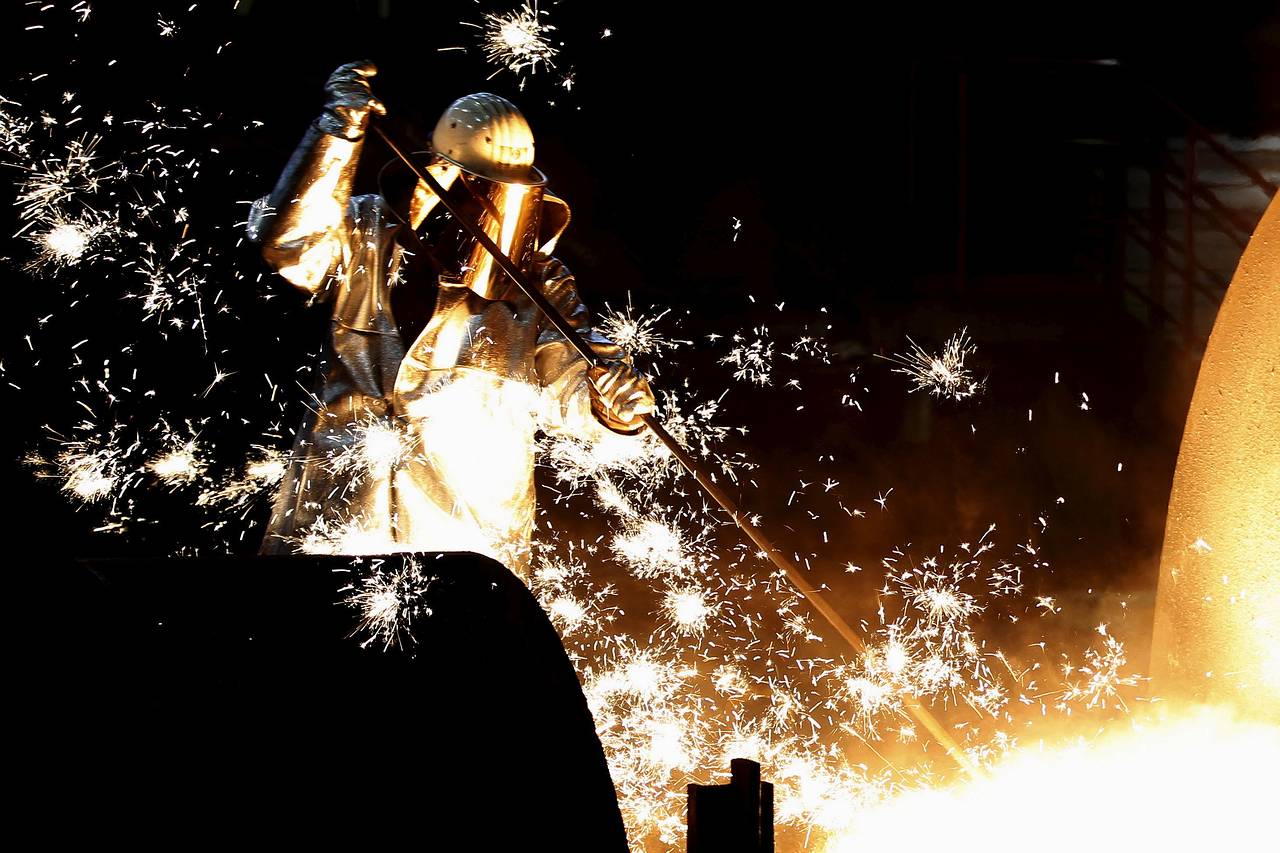- 0086(21)62671680
- 62671061
- sales@hyssgroup.com
- Language

German industrial conglomerate Thyssenkrupp AG reported a 34% slide in net profit for the third quarter of its fiscal 2016, weighed down by drops in global steel and material prices from a year ago.
Net profit for the period ended June 30 was €130 million, compared with €199 million during the same period last year, slightly beating analysts’ forecast. Analysts had predicted a net profit of €128 million, according to a recent poll conducted by The Wall Street Journal.
Sales fell 12%, to €9.87 billion, while the company’s closely watched adjusted earnings before interest and taxes dropped 18% to €441 million, both a result of weakness in the materials markets.
Adjusted EBIT at the company’s European steel operations was down 45% year-over-year, at €91 million.
However, Thyssenkrupp’s capital goods businesses overall continued to post steady growth. Adjusted EBIT at the Components Technology unit, which supplies the auto industry with parts such as electrical engineering systems, was up nearly 10%, at €100 million. At the company’s lucrative elevator division, adjusted EBIT rose 6.6%, to €225 million.
The elevator business—one of the global top four—is central to Chief Executive Heinrich Hiesinger’s strategy to transform the company into a leaner capital goods business, less reliant on its traditional steel operations.
Thyssenkrupp confirmed last month it is in talks with India’s Tata Steel Ltd. and other steel groups about a potential tie-up, amid ongoing consolidation in the European steel sector.
In 2014, Mr. Hiesinger sold the company’s troubled Alabama steel plant and he has indicated a desire to completely shed its steel operations in the Americas by selling its Brazilian plant.
However, Thyssenkrupp’s third-quarter results were a significant improvement over with the previous quarter, reflecting relatively higher global steel prices and more stable raw materials markets.
Based on those macroeconomic developments, Thyssenkrupp reiterated its guidance for the full fiscal year, saying it expects adjusted EBIT to be “at least” €1.4 billion.
The company’s net financial debt, a major focus of Mr. Hiesinger’s ongoing restructuring and cost-cutting efforts, rose 9% year-over-year, to €4.8 billion.